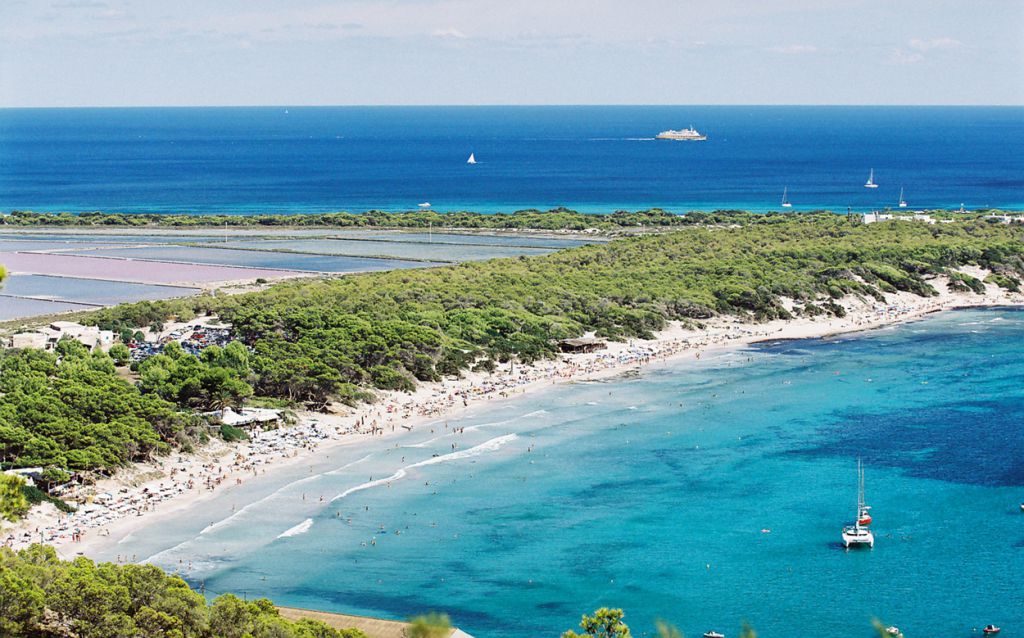A SCIENTIST has issued a stark warning about the future of Posidonia in the Balearic Islands.
In a report for the University of the Balearic Islands (UIB), oceanographer Biel Jorda predicts that the species is in grave threat of disappearing in the next few decades despite EU legislation to protect it.
A combination of pollution, rising water temperatures, increased fishing activity, untreated sewage dumped into the sea and anchor-dragging from an increasing number of boats off the Balearic coast has already wiped out a significant percentage in the last few years as well as threatened the Mediterranean’s ecosystem.
“In August of this year, the sea surface temperature reached 26.5°C, which means that the Posidonia meadows are already at their limit for thermal resistance and importantly, beyond 28°C, the Posidonia will be in very serious danger,” explained Jorda.
It has already been shown that the surface temperature of seawater rises approximately 0.3°C per decade, so at this rate, it will reach 28°C within half a century.

Named after Poseidon, the Greek god of the sea, this flowering marine plant is the most widespread seagrass in the entire Mediterranean.
Being able to live for more than 100,000 years, the plant sits in tightly packed underground meadows that can stretch hundreds of kilometres in length, making it one of the most extraordinary and oldest organisms on the planet.
Declared as a World Heritage by UNESCO, the Posidonia is also incredibly effective at filtering water and producing oxygen, with studies indicating that one square metre of the plant can produce as much oxygen as one hectare of the Amazon rainforest.
However, uncontrolled boat anchoring has already destroyed thousands of square metres of the Posidonia in the Balearics, and this summer alone, 40% of boats anchored on the coast of Menorca were ordered to move by the government’s Posidonia surveillance team because their anchors were attached to the species.
The Natural Park of Ses Salines, the area of the Pitiusas Islands where most of the Posidonia is found, has also proved to be a big problem for its conservation this year.
In August, its waters were at the limit of their capacity and could not accommodate any more yachts or catamaran boats with a record number- 65,292 – recorded off the coast of Ibiza and Formentera.

The Balearic Posidonia surveillance service coordinator, Marcial Bardolet, believes ignorance and a lack of awareness is to blame.
“In 90% of cases, those on boats that we asked to move had a good attitude and were completely unaware of the consequences of their actions.
“The majority wanted to understand the problem and often say that their improper anchorages were done by mistake,” said Bardolet.
Although anchorages to the marine plant are strictly forbidden under Balearic Law, at this moment, there is no monetary penalty given for this practice.
Bardolet hopes that when the campaign ends on September 30, work can be done to continue to spread awareness about the conservation of this supremely important marine species.
For more information visit ibizapreservation.org
READ MORE:
